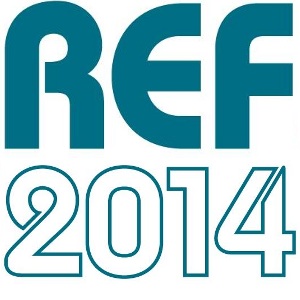Fail Better: Surviving the Slings & Arrows of Academic Fortune
Academia often seems filled to brimming with misanthropy merchants, doom prognosticators and naysayers. It is true, however, that we do have to deal with an unusually high degree of scrutiny, evaluation and appraisal in our professional lives. This can take a toll on even the most Polyanna-ish of characters. It is a tough gig, and […]
Read More »
















